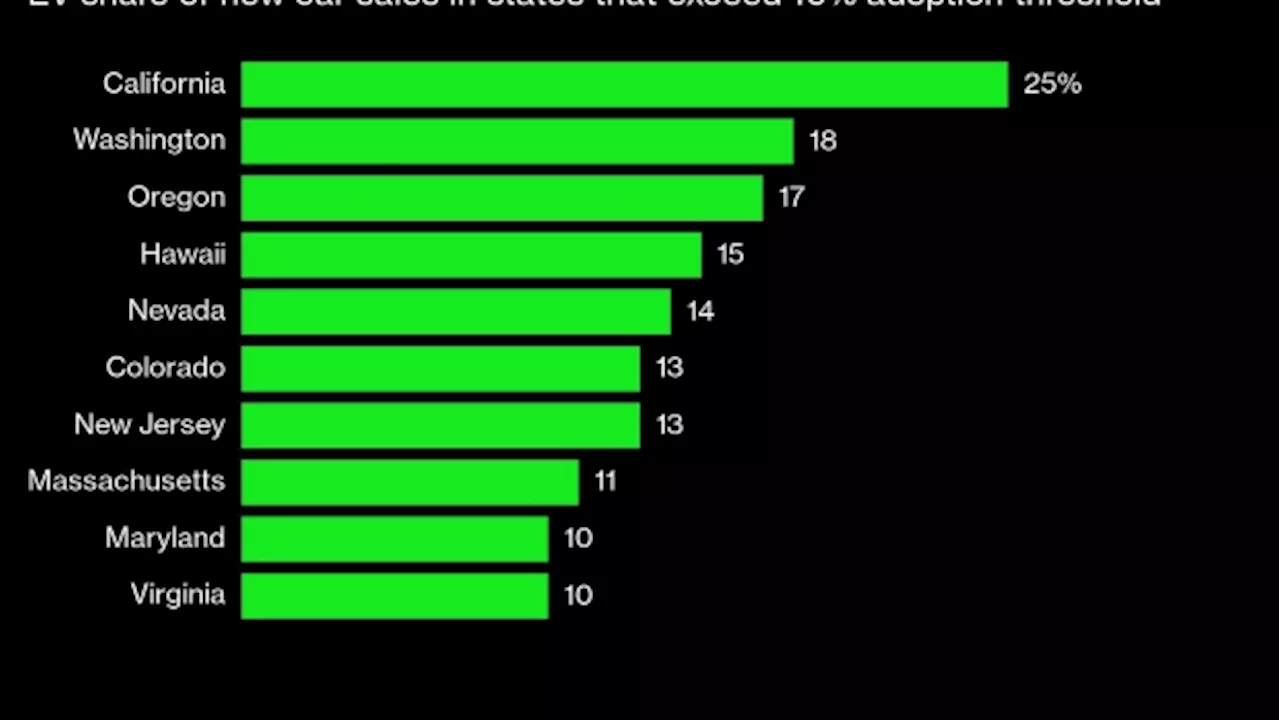How inadequate funding for research and messy innovation policy ripples out to the economy and society
David Naylor is president emeritus of the University of Toronto. He has served on federal panels addressing funding and governance of support for extramural academic research and industrial research and development.
Two days later, Tej Parikh at Britain’s Financial Times weighed in. Before joining FT as an editorialist, Mr. Parikh was chief economist at Britain’s Institute of Directors and lead economist at Fitch Ratings, a competitor with Moody’s and Standard & Poor’s. The headline and subhead of his commentary speak volumes: “Why isn’t Canada an economic giant? The North American nation has vast potential, yet underperforms on the global stage.
Accordingly, in the late 1990s and early 2000s, the Chrétien government engaged in a substantive dialogue with universities about their role in catalyzing a more diversified and innovative economy. The result was a series of major investments by the federal government commonly referred to as the Innovation Agenda.
During the fiscal crisis of 2008-09, the capital needs of universities and colleges were included in stimulus spending with some welcome refurbishment of research facilities. But otherwise, there was little growth in operating or personnel funding for independent research. Younger researchers were squeezed hardest. However, there was growing concern and frustration throughout Canada’s scientific and scholarly community.
Nonetheless, the 2018 budget provided a meaningful multiyear lift for countless researchers at different career stages. Since then, the world has been through a terrible pandemic where research played a crucial role in containing the toll of COVID-19.
It’s not because of the lack of hours worked; Canadians work longer hours than citizens in many other countries. We need to work smarter, and that depends heavily on business leadership. It means that businesses must invest in new and more efficient equipment and in employee training, and create or adopt innovative processes that enhance the production and delivery of goods and services.
Considering these woeful numbers, it’s pretty clear that Canada’s challenges lie more with demand for research ideas and for research-savvy personnel than on the supply side, except insofar as funding shortfalls limit output. Other data shred the mythology that universities and colleges are inhospitable places for partnerships with industry.
On that front, Canada’s program of R&D tax credits has been criticized for rewarding not only smart research investments but also creative accounting and gaming. Some other nations use research tax credits selectively to promote specific types of investments and sectors, and many countries offer much more direct funding that helps take out the risk from investments in R&D upfront, as opposed to inducing posthoc wrangling as occurs here.
Given perennial issues with government-sponsored reviews, there are grounds to be skeptical about the outcome. That said, while no one imagines the program will be wound down, streamlining its processes and scaling back its scope have been anticipated as possible outcomes. Perhaps then it is worth pointing out other things that the $960-million might have done for Canadians, if it had really represented a new investment. Some of that research might have improved our understanding of human and non-human nature, addressed social and racial inequities or otherwise set out ideas for improving civil society, improved our understanding of Canadians’ shared history, or led to health-related discoveries that might help people live longer and better lives.
Consider Germany. Starting in 2006, federal and state governments committed to increasing real research budgets by three per cent a year, increases that extended to all the major grant-making bodies and networks of applied research institutes that have been integral to Germany’s economic success. Inflation-adjusted federal R&D funding in Germany grew by 3.9 per cent a year from 2005 to 2020, with research support to higher-education institutions growing at a remarkable 5.8 per cent a year.
In larger and more costly Canadian cities, many of our best and brightest young minds are struggling to cover life’s necessities, and some are simply giving up. None of this can be definitively resolved without a major collaborative effort involving the federal granting councils, provincial funders and host research institutions from coast to coast.
Whether young scientists do basic biomedical, clinical, health services or population health research, their chances of success were bleak. We hire top people, often attracting them to or back to Canada, and then we kneecap them through lack of basic funding to get a research program going or sustain one already under way.
Independent research funding allocated by the granting councils does not depend on ad hoc review panels assembled by public officials who often have limited research evaluation expertise, nor is there an override on final decisions given to bureaucrats and politicians. The granting council process hinges on external peer review by experts chosen in consultation with senior researchers in the field, followed by a further expert panel assessment.
A dozen years later, and despite commendable efforts to build a much larger portfolio of partnered research, the council has nothing like the industrial relevance and impact of Germany’s Fraunhofer Institutes. Founded in 1949 , the German applied research system operates 76 institutes with an annual turnover of $4.36-billion, 87 per cent of which is contract research.
Decades ago, Canadian universities, the Natural Sciences and Engineering Research Council of Canada, and the Canadian Institute for Advanced Research supported Geoffrey Hinton and other pioneers in artificial intelligence at a time of widespread skepticism about neural networks as an analytical and predictive tool. Canadian minds eventually jump-started the global AI revolution.
Past decades do offer some encouraging case studies wherein a few innovative companies helped foster the emergence of local ecosystems, as occurred in the Ottawa and Waterloo, Ont., regions. Today, more Canadian universities and research hospitals than ever are actively incubating early-stage ventures based on discoveries by their faculty and trainees. However, Canada’s entrepreneurial ecosystems vary in size and dynamism. Intellectual property strategies and policies remain a work in progress.
In looking around and forward for solutions, let’s avoid an unproductive blame game.
We have made the case that, in responding to this profound challenge, the Canadian government should ensure that its support for independent research catches up to peer countries with higher per capita GDP growth and BERD. The situation is particularly acute for the research operating grants of early-career researchers across disciplines, and as regards awards for graduate students and postdoctoral trainees who are struggling to make ends meet in many Canadian cities.
Canada Latest News, Canada Headlines
Similar News:You can also read news stories similar to this one that we have collected from other news sources.
 Rugby-Five great test matches between New Zealand and South AfricaExplore stories from Atlantic Canada.
Rugby-Five great test matches between New Zealand and South AfricaExplore stories from Atlantic Canada.
Read more »
 Great American Family CEO Has Disappointing Response To Candace Cameron Bure BacklashCurtis M. Wong is a Senior Culture Reporter at HuffPost. He has written for Billboard, The Prague Post, Passport Magazine, The Hartford Courant, Business Insurance Weekly, Abu Dhabi's The National and Ohio's Akron Jewish News, among other publications.
Great American Family CEO Has Disappointing Response To Candace Cameron Bure BacklashCurtis M. Wong is a Senior Culture Reporter at HuffPost. He has written for Billboard, The Prague Post, Passport Magazine, The Hartford Courant, Business Insurance Weekly, Abu Dhabi's The National and Ohio's Akron Jewish News, among other publications.
Read more »
 The Bentway turns pavement into great, green public spaceStaging Grounds, a temporary installation, reflects the Bentway’s characteristic mix of art and urbanism
The Bentway turns pavement into great, green public spaceStaging Grounds, a temporary installation, reflects the Bentway’s characteristic mix of art and urbanism
Read more »
 Poilievre pans Trudeau's carbon pricing pivot, Liberals pitch pause as 'great news'Conservative Leader Pierre Poilievre came out swinging Friday, panning Prime Minister Justin Trudeau for what he characterized as a panicked 'flip-flop' on his carbon pricing policies, as Liberal MPs pitch the pivot as 'great news' for their constituents. 'Justin Trudeau is in total panic mode,' Poilievre said, speaking to reporters in St.
Poilievre pans Trudeau's carbon pricing pivot, Liberals pitch pause as 'great news'Conservative Leader Pierre Poilievre came out swinging Friday, panning Prime Minister Justin Trudeau for what he characterized as a panicked 'flip-flop' on his carbon pricing policies, as Liberal MPs pitch the pivot as 'great news' for their constituents. 'Justin Trudeau is in total panic mode,' Poilievre said, speaking to reporters in St.
Read more »
 Tesla’s Cybertruck Will Test America’s Great Political DivideThe transition to electric vehicles has reached a tipping point for widespread adoption in the US — but only in states that voted for Biden.
Tesla’s Cybertruck Will Test America’s Great Political DivideThe transition to electric vehicles has reached a tipping point for widespread adoption in the US — but only in states that voted for Biden.
Read more »
 27 Things From Amazon With Such Great Reviews, You May Want To Own Them YourselfWe've got adorable fall decor, the coziest chair, a cute denim jacket and 24 other reviewer-loved finds.
27 Things From Amazon With Such Great Reviews, You May Want To Own Them YourselfWe've got adorable fall decor, the coziest chair, a cute denim jacket and 24 other reviewer-loved finds.
Read more »
